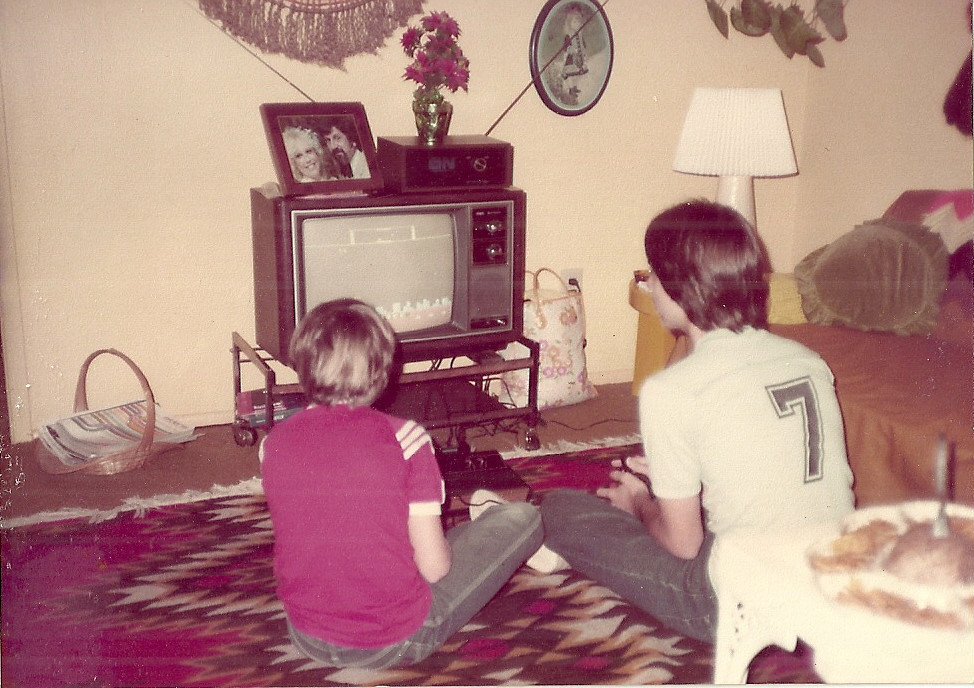
The Internet Archive now lets you play 2,400 classic DOS games online
In late 2013, the Internet Archive introduced a new area of its site called the Console Living Room which lets visitors play classic console games from systems of the past (including the Atari 2600, Atari 7800, ColecoVision, Magnavox Odyssey and Astrocade) in a web browser. In 2014, it made over 900 classic arcade games playable in its Internet Arcade. And now, in 2015, playable DOS games arrive on the site.
If, like me, you spent a lot of the 90s playing games on the PC, this is like a late, but very welcome, Christmas present. There are currently 2,391 games available to play, including classics like Cannon Fodder 2, Boulder Dash, Duke Nukem 3D, Prince of Persia, Championship Manager, The Incredible Machine, Eye of the Beholder (and its sequels), Hexen, Sim City, Wing Commander Academy, and the Kings Quest, Space Quest, and Leisure Suit Larry series -- to name just a few. More titles are promised, and the collection will change over time.

Play vintage console games in your browser courtesy of the Internet Archive
The Internet Archive has launched a new section on its website dedicated to the games consoles of the late 1970s and early 1980s. Called The Console Living Room, it provides information on many of the systems you might have owned in the past including the Atari 2600, Atari 7800, ColecoVision, Magnavox Odyssey (or Philips Videopac G700, if you live in Europe) and the Astrocade.
It’s a fascinating trip down memory lane, but that’s not the best part. You can also play the majority of the big games from those consoles in your browser -- for free!
Internet Archive emerges victorious in national security row with the FBI
A National Security Letter was issued last year to the Internet Archive, seeking information about what it called a "subscriber" in conjunction with an anti-terrorism investigation. The IA challenged the letter, and as we learned yesterday, it won.
Last November, the US Federal Bureau of Investigation served a National Security Letter (NSL) to the Internet Archive, the project to preserve much of the Internet's content at various stages in his history, as a perpetual online museum. The letter appeared to contain boilerplate language that would normally be used in requests to ISPs for national security information, as this one did request certain data about so-called "subscribers."
